High Street Banks Hold Out Their Begging Bowls
 Monday, March 17, 2008 at 11:01PM
Monday, March 17, 2008 at 11:01PM High street banks went with begging bowls to the Bank of England yesterday, seeking more than £23 billion in emergency loans as fears over the global credit crunch deepened.
Shares in the banks lost more than £14 billion in a brutal day’s trading that pushed the FTSE 100 index to its lowest close in two and half years.
The sell-off was sparked by the emergency rescue of Bear Stearns, America’s fifth-biggest bank, which was snapped up by rival JPMorgan for only $240 million – 3 per cent of what it was worth last week.
But the rescue, an attempt to quell the panic, only heightened fears that a threatened US recession would wreak havoc on the global economy and could even bring down a British bank.
The worst hit of Britain’s banks was HBOS, which lost more than 12 per cent of its value. Barclays lost 9.3 per cent while Royal Bank of Scotland was down 8.7 per cent.
As the markets opened for trading yesterday, the Bank of England said immediately that it would make a further £5 billion available as panic caused interbank lending virtually to dry up.
But as soon as the offer was announced, the bank was deluged with requests for almost five times that amount, with demands totalling £23.6 billion.
As the conditions for banks deteriorate, they are passing on the pain to consumers, making it tougher to get mortgages and personal loans. Credit card companies are also expected to tighten lending criteria even more. Personal loan rates have increased from an average of 14.4 per cent on a £1,000 loan before the credit crunch to 18.9 per cent now.
The plunging stock market wiped about £8 billion off the value of the UK’s 200 largest final-salary pension schemes. The funds had a collective surplus of £15 billion at the end of Friday but that had been reduced to £7 billion as the markets closed yesterday, according to the pensions advisory company Aon Consultants.
Analysts said that the Bank of England needed to do a lot more to stem the crisis.
Simon Maughan, of the brokerage firm MF Global said: “It requires much stronger leadership. The Bank has to stop worrying about the price of bread and start worrying about the banking system”.
David Jones, the chief market strategist at IG Index, the spread-better, said: “The problem is the unknown. If a major US investment bank is worth $60 a share a week ago and then $2 seven days later – what other skeletons are still to come out of the closet?”








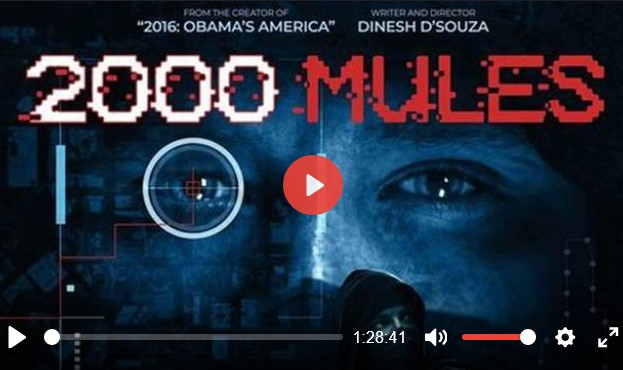






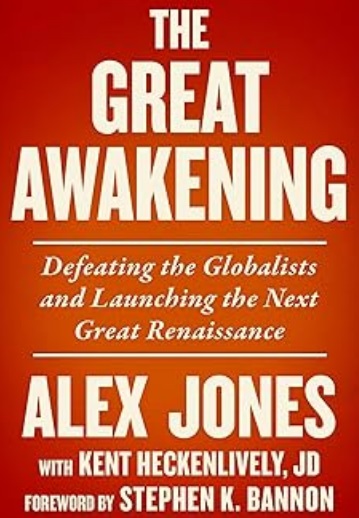















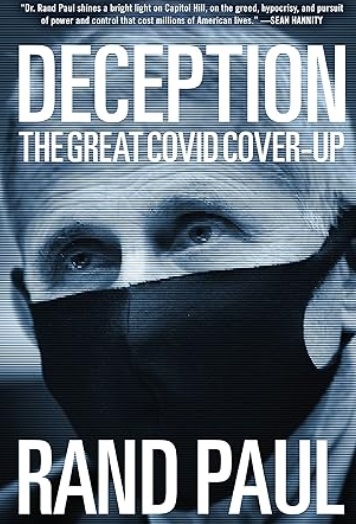










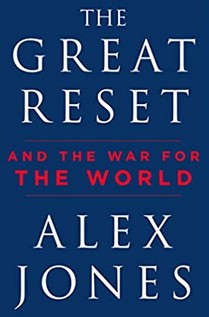



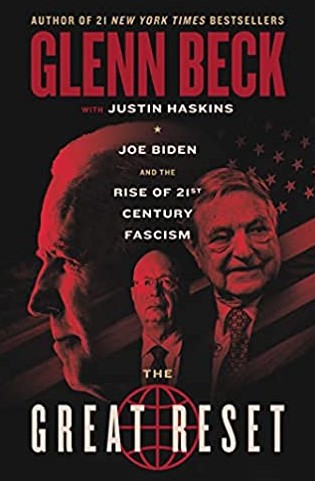






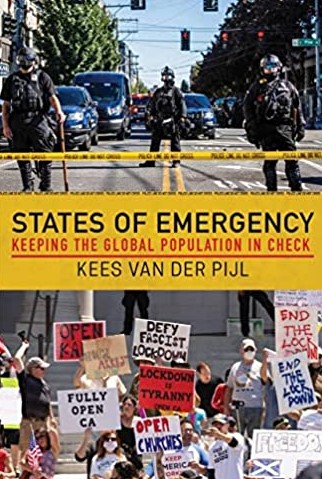

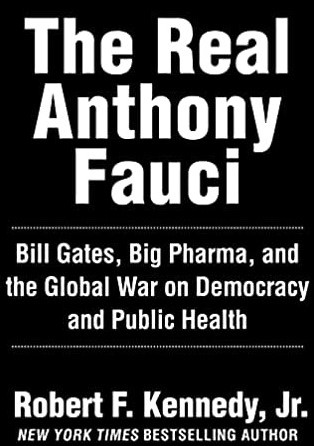


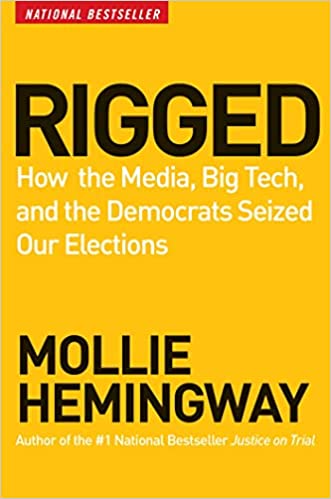








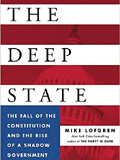

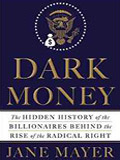






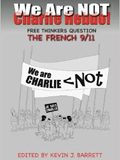






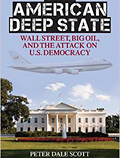


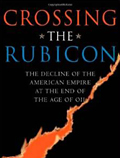
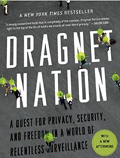




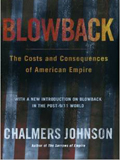




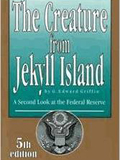




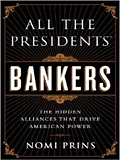





























Reader Comments